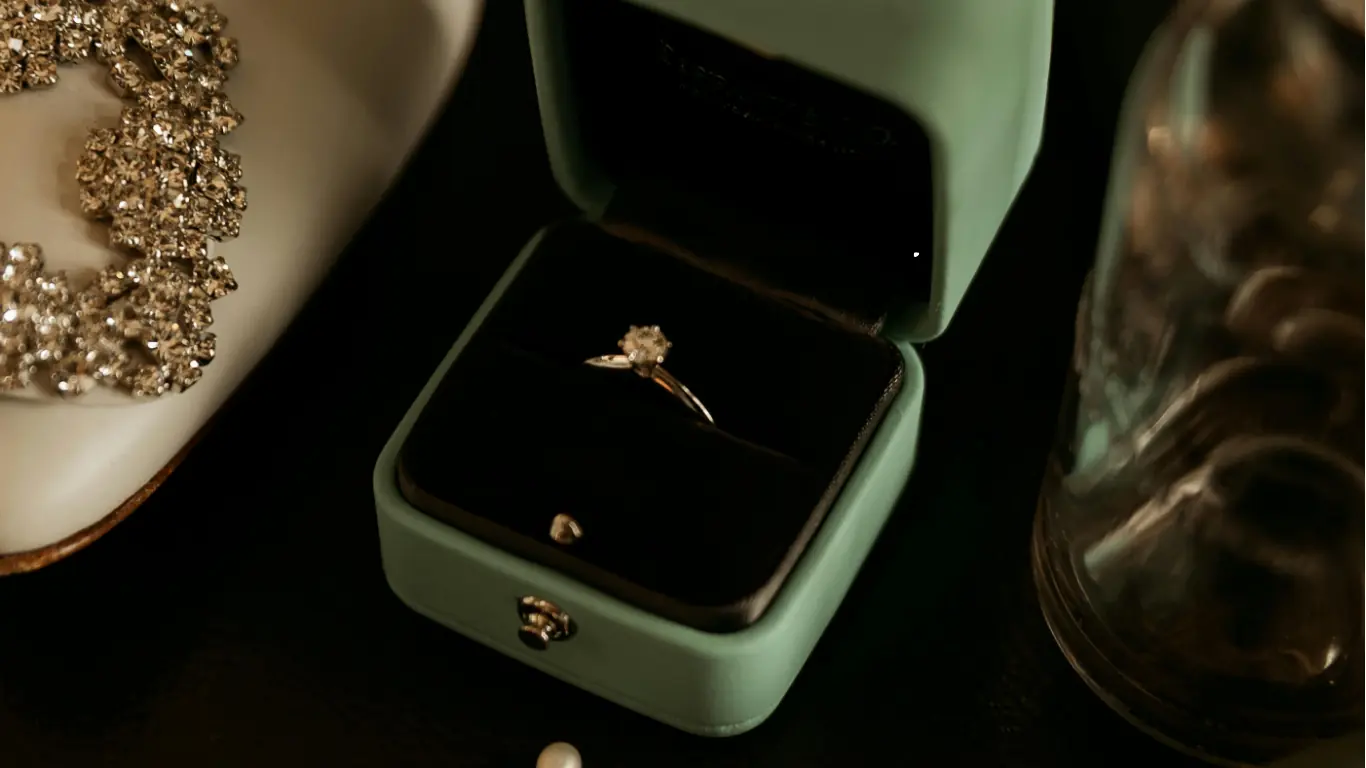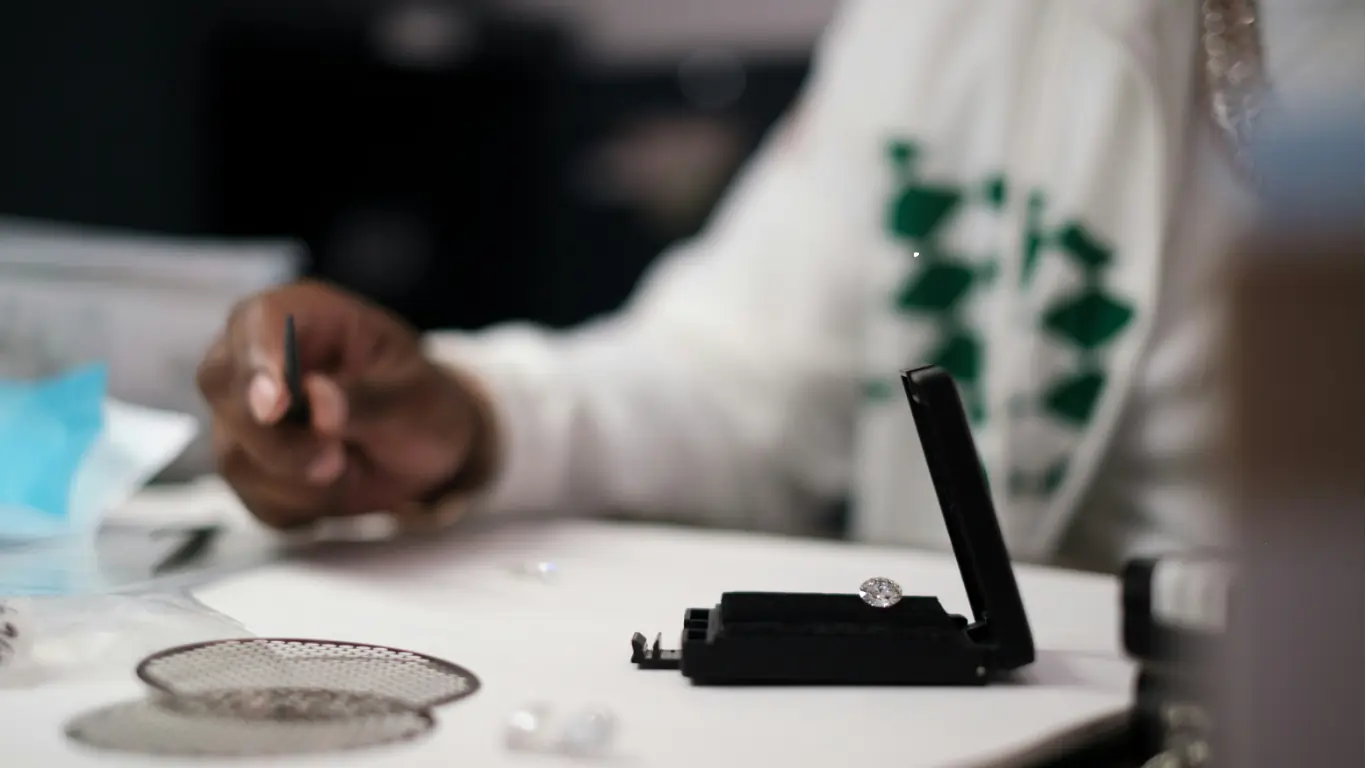Shopping for jewelry can be exciting. Whether it’s a gift for someone special or a treat for yourself, picking out the right piece is always a highlight. However, the thrill of finding that perfect ring, necklace, or bracelet can quickly turn sour if you fall victim to a scam. With the rise of online shopping and too-good-to-be-true deals, it’s more important than ever to shop smart and protect yourself.
Fake Materials
One of the most frequent tricks in the jewelry industry involves selling fake or low-quality materials as high-end goods. For example, some sellers may pass off silver-plated items as solid silver or sell cubic zirconia as real diamonds.
Overpricing
Another common tactic is overpricing. Overpricing is often based on the buyer’s lack of information about the true market value of the jewelry or the materials used. For example, a seller may present a piece of jewelry with a common, inexpensive gemstone as a rare find, setting a high price that does not reflect its value. You may be sold a diamond without a certificate or with a fake GIA certificate.
Misrepresentation of Origin
Some sellers might claim that their items are from prestigious brands or exclusive collections when they are not. They might also mislead you about where the gems were sourced, claiming ethical origins when that may not be the case.
Online Scams
With the rise of online shopping, scams have also gone digital. Fake websites or social media profiles can lure you in with attractive images and prices, only for you to receive a product that is vastly inferior to what was advertised—or nothing at all. There are typical signs of online jewelry scams
Tips To Avoid Jewelry Scams
- Research the Seller
Before making a purchase, take the time to check out the seller. Look for reviews and testimonials from other buyers. Check different jewelry store reviews, and avoid getting into the trap.
- Understand the Returns Policy
A trustworthy seller will have a clear returns policy. This is particularly important when buying expensive items. If the policy is vague or non-existent, consider this a red flag.
- Ask for Certifications
For high-value items like diamonds or gold, ask for certifications that confirm the authenticity of the materials. Reputable sellers will be able to provide documentation from recognized bodies like the Gemological Institute of America (GIA).
- Use Secure Payment Methods
Always opt for secure, traceable payment methods. Credit cards and payment services that offer buyer protection are preferable. Avoid wire transfers and cash payments, especially with sellers you don’t know.
- Beware of Unrealistic Deals
If a deal seems too good to be true, it probably is. Extremely low prices on luxury items are often a sign of counterfeit goods.
- Get a Second Opinion
If you’re unsure about an item, don’t hesitate to get a second opinion from an independent appraiser. This is especially useful for vintage or unusually expensive items. We’ve made a list of reliable vintage jewelry stores.
Buying jewelry should be enjoyable, not stressful. By making sure you know who you’re buying from, what you’re buying, and how you’re paying, you can protect yourself from scams. A little bit of careful thinking can make sure your jewelry shopping is as good as the pieces you bring home.


